I don’t see why he needed a NASA contract when he could easily pay for this himself, but whatever.
Blue Origin, founded by Jeff Bezos, was one of three companies to land the Pentagon contract for a rocket powered by a nuclear reactor.

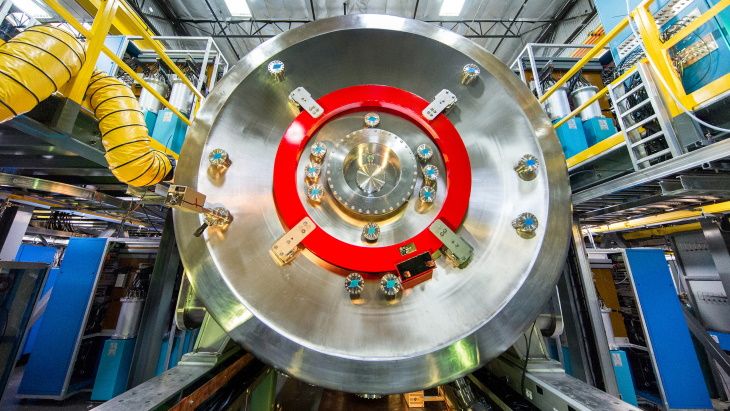
TAE Technologies, the California, USA-based fusion energy technology company, has announced that its proprietary beam-driven field-reversed configuration (FRC) plasma generator has produced stable plasma at over 50 million degrees Celsius. The milestone has helped the company raise USD280 million in additional funding.
Norman — TAE’s USD150 million National Laboratory-scale device named after company founder, the late Norman Rostoker — was unveiled in May 2017 and reached first plasma in June of that year. The device achieved the latest milestone as part of a “well-choreographed sequence of campaigns” consisting of over 25000 fully-integrated fusion reactor core experiments. These experiments were optimised with the most advanced computing processes available, including machine learning from an ongoing collaboration with Google (which produced the Optometrist Algorithm) and processing power from the US Department of Energy’s INCITE programme that leverages exascale-level computing.
Plasma must be hot enough to enable sufficiently forceful collisions to cause fusion and sustain itself long enough to harness the power at will. These are known as the ‘hot enough’ and ‘long enough’ milestone. TAE said it had proved the ‘long enough’ component in 2015, after more than 100000 experiments. A year later, the company began building Norman, its fifth-generation device, to further test plasma temperature increases in pursuit of ‘hot enough’.
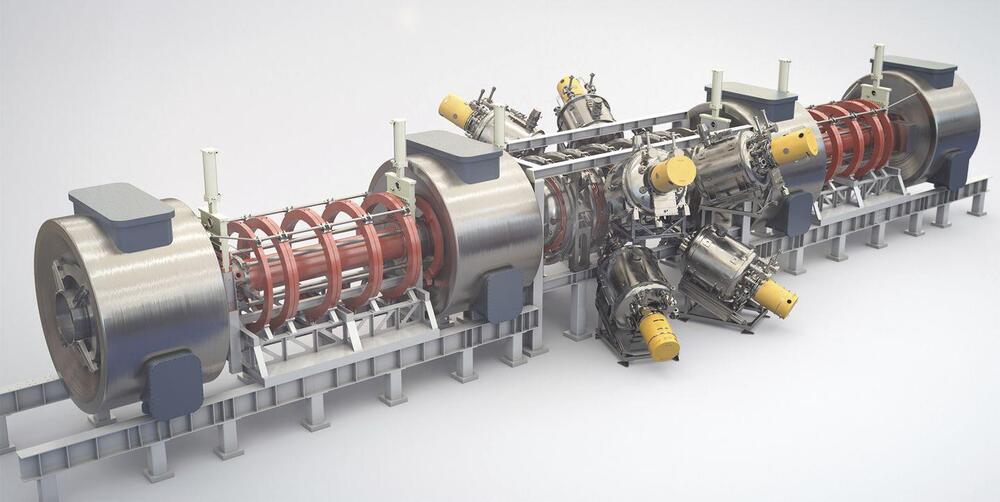
This means 6 years after TAE began to reach “long enough,” Norman has finally reached “hot enough” frequently enough that it can begin to scale up for commercial power plants. And this is why the company says it feels it can build that kind of power plant by the end of the decade in 2030.
Nuclear fusion has long felt like decades away. Today, the timeline accelerates.
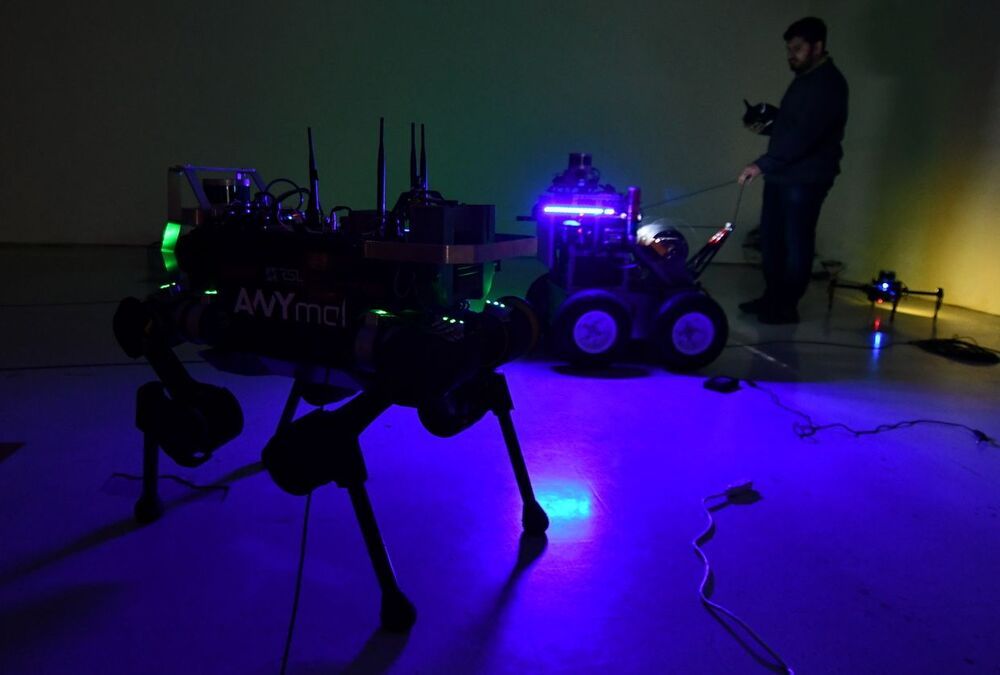
Three years of underground robotics competitions culminate in a final event in September with $5 million in prize money.
The DARPA Subterranean Challenge Final Event is scheduled to take place at the Louisville Mega Cavern in Louisville, Kentucky, from September 21 to 23. We’ve followed SubT teams as they’ve explored their way through abandoned mines, unfinished nuclear reactors, and a variety of caves, and now everything comes together in one final course where the winner of the Systems Track will take home the $2 million first prize.
It’s a fitting reward for teams that have been solving some of the hardest problems in robotics, but winning isn’t going to be easy, and we’ll talk with SubT Program Manager Tim Chung about what we have to look forward to.
Since we haven’t talked about SubT in a little while (what with the unfortunate covid-related cancellation of the Systems Track Cave Circuit), here’s a quick refresher of where we are: the teams have made it through the Tunnel Circuit, the Urban Circuit, and a virtual version of the Cave Circuit, and some of them have been testing in caves of their own. The Final Event will include all of these environments, and the teams of robots will have 60 minutes to autonomously map the course, locating artifacts to score points. Since I’m not sure where on Earth there’s an underground location that combines tunnels and caves with urban structures, DARPA is going to have to get creative, and the location in which they’ve chosen to do that is Louisville, Kentucky.
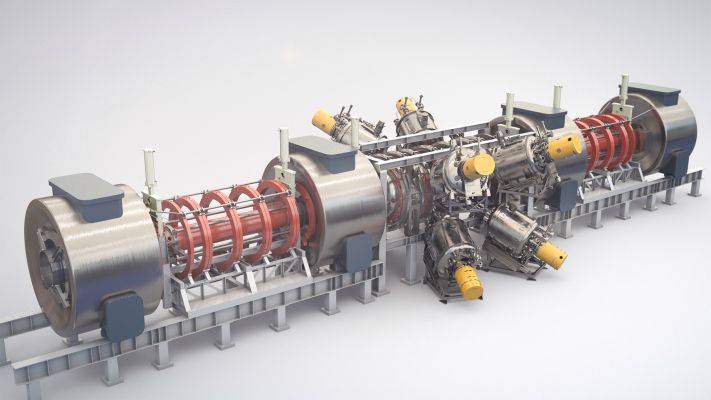
:ooo.
In a small industrial park located nearly halfway between Los Angeles and San Diego, one company is claiming to have hit a milestone in the development of a new technology for generating power from nuclear fusion.
The twenty year old fusion energy technology developer TAE Technologies said its reactors could be operating at commercial scale by the end of the decade, thanks to its newfound ability to produce stable plasma at temperatures over 50 million degrees (nearly twice as hot as the sun),.
The promise of fusion energy, a near limitless energy source with few emissions and no carbon footprint, has been ten years out for the nearly seventy years since humanity first harnessed the power of nuclear energy. But a slew of companies including TAE, General Fusion, Commonwealth Fusion Systems and a host of others across North America and around the world are making rapid advancements that look to bring the technology from the realm of science fiction into the real world.
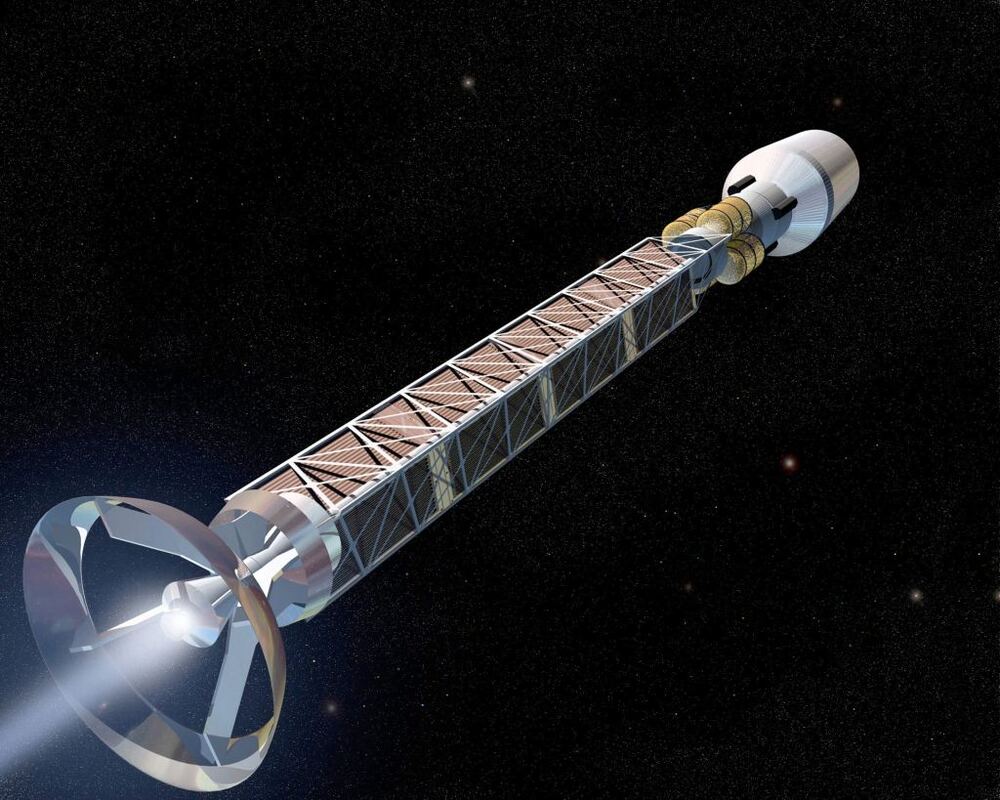
I just finished the most recent season of The Expanse – my current favourite Sci-Fi series. Unlike most of my other go-to Sci-Fi, The Expanse’s narrative is (thus far) mainly contained to our own Solar System. In Star Trek, ships fly about the galaxy at Faster-Than-Light speeds giving mention to the many light years (or parsecs *cough* Star Wars) travelled to say nothing of sublight journeys within solar systems themselves. The distances between stars is huge. But, for current-day Earthling technology, our Solar System itself is still overwhelmingly enormous. It takes years to get anywhere.
In The Expanse, ships use a fictional sublight propulsion called The Epstein Drive to travel quickly through the Solar System at significant fractions of light speed. We’re not nearly there yet, but we are getting closer with the announcement of a new theoretical sublight propulsion. It won’t be an Epstein drive, but it may come to be known as the Ebrahimi Drive – an engine inspired by fusion reactors and the incredible power of solar Coronal Mass Ejections.
Rocket engines have been the backbone of space exploration lifting humans to the Moon, rovers to Mars, and sending probes outside the Solar System. However, for all their blast-offy awesomeness, they are inherently inefficient and bulky. You can only get so much energy out of rocket fuel. As a result, most of your entire spacecraft is a giant fuel tank. The mass of a rocket destined for Mars could be as much as 78% fuel. To reduce weight, we need more efficient engines.
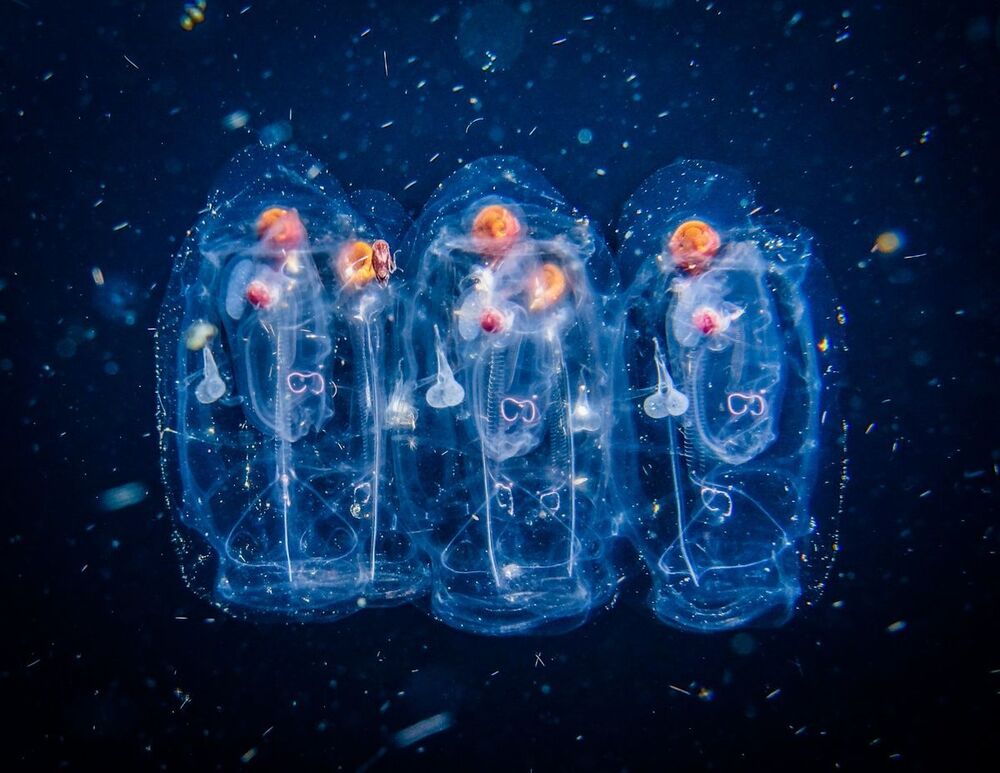
Sea salps — gelantinous, marine organisms that look like jellyfish — have clogged water systems used to cool nuclear reactors in South Korea, forcing two units offline.
It’s the second time in less than three weeks Korea Hydro & Nuclear Power Co. shut the Hanul No. 1 and No. 2 units, after salps clogged water intake valves. The reactors, which each have a capacity of 950-megawatts, resumed operation last week before shutting again Tuesday.
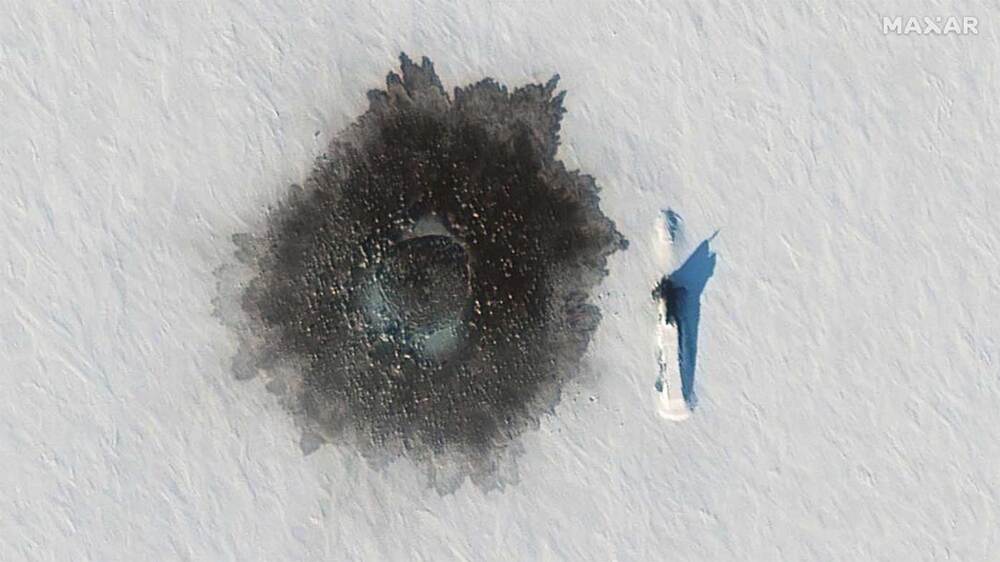
Russia is amassing unprecedented military might in the Arctic and testing its newest weapons in a region freshly ice-free due to the climate emergency, in a bid to secure its northern coast and open up a key shipping route from Asia to Europe.
Weapons experts and Western officials have expressed particular concern about one Russian ‘super-weapon,’ the Poseidon 2M39 torpedo. Development of the torpedo is moving fast with Russian President Vladimir Putin requesting an update on a “key stage” of the tests in February from his defence minister Sergei Shoigu, with further tests planned this year, according to multiple reports in state media.
This unmanned stealth torpedo is powered by a nuclear reactor and intended by Russian designers to sneak past coastal defences — like those of the US — on the sea floor.
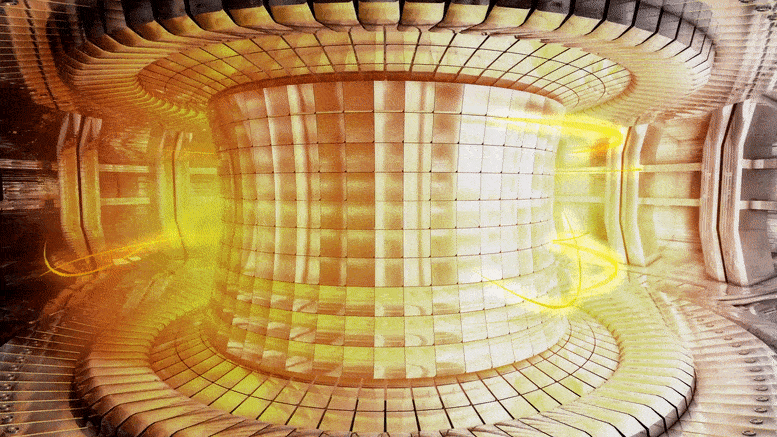
Fusion reactor technologies are well-positioned to contribute to our future power needs in a safe and sustainable manner. Numerical models can provide researchers with information on the behavior of the fusion plasma, as well as valuable insight on the effectiveness of reactor design and operation. However, to model the large number of plasma interactions requires a number of specialized models that are not fast enough to provide data on reactor design and operation.
Aaron Ho from the Science and Technology of Nuclear Fusion group in the department of Applied Physics at Eindhoven University of Technology has explored the use of machine learning approaches to speed up the numerical simulation of core plasma turbulent transport. Ho defended his thesis on March 17th.
The ultimate goal of research on fusion reactors is to achieve a net power gain in an economically viable manner. To reach this goal, large intricate devices have been constructed, but as these devices become more complex, it becomes increasingly important to adopt a predict-first approach regarding its operation. This reduces operational inefficiencies and protects the device from severe damage.
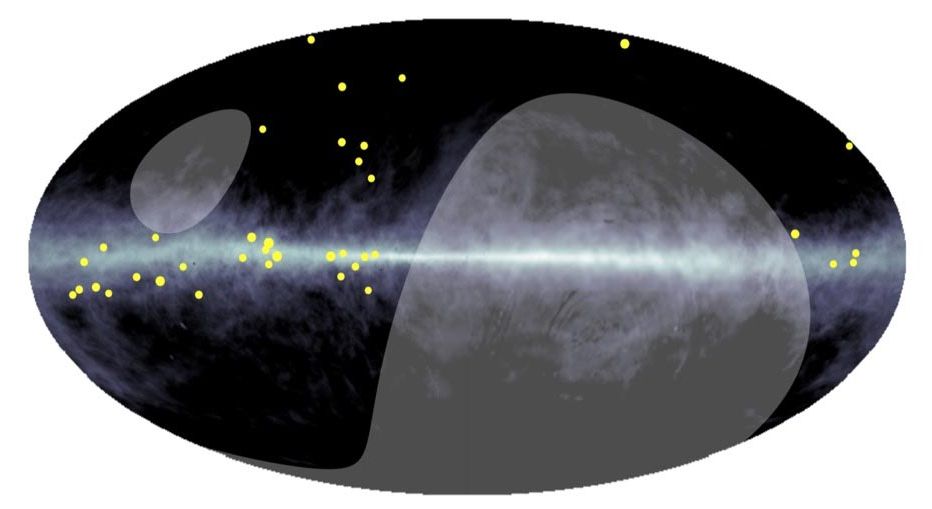
The Tibet ASγ experiment, a China-Japan joint research project on cosmic-ray observation, has discovered ultra-high-energy diffuse gamma rays from the Milky Way galaxy. The highest energy detected is estimated to be unprecedentedly high, nearly 1 Peta electronvolts (PeV, or one million billion eV).
Surprisingly, these gamma rays do not point back to known high-energy gamma-ray sources, but are spread out across the Milky Way (see Figure 1).
Scientists believe these gamma rays are produced by the nuclear interaction between cosmic rays escaping from the most powerful galactic sources (“PeVatrons”) and interstellar gas in the Milky Way galaxy. This observational evidence marks an important milestone in revealing the origin of cosmic rays, which has puzzled mankind for more than a century.